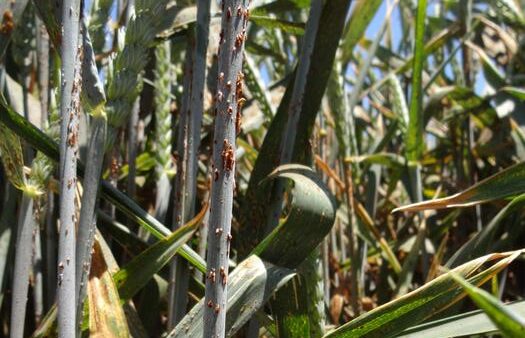A modern seed system should be agile, trusted, and accessible, and creating an independent standard-setting body would create a redundant layer of administration, resulting in more costs and work for our sector with no additional benefit.
As CSGA approaches Seed Regulatory Modernization (SRM), we are guided by what a modernized seed system should look like — a seed system that adapts quickly to change, reduces red-tape, creates a level-playing field for all stakeholders, is transparent and science-based, simple to navigate, and leverages new technology.
The introduction of an independent standard-setting body (ISSB) for the seed sector would be counter to this vision, duplicating the work CSGA and other groups already do on behalf of Canada’s seed sector – increasing administrative burden, introducing new red tape, and requiring additional funding by the seed sector.
This proposed framework does not align with CSGA’s vision for a modern, agile seed sector. It is also unclear as to what problem this new framework is trying to solve.
Instead, we should continue to modernize and strengthen the capacity and governance of existing organizations. This is exactly what CSGA has been proposing under its new CSGA 2.0 business plan and SRM policy positions.
CSGA’s core mandate is standards-setting and providing a national program of seed crop certification for the benefit of Canadian agriculture. We are proud of our track record as a reliable regulatory partner, and we want to do more on behalf of Canadian agriculture. Where we believe we can have the biggest positive impact is providing a single digital window for the sector and CSGA becoming the main point of contact for industry and government on seed certification.
CSGA’s existing standards-setting capacity, enabled by our delegated authority under the federal Seeds Act, ensures that Canadian standards are modern, science-based, internationally harmonized, and competitive. Our standards are developed through our Regulatory Services Committee, eight (8) crop-specific working groups, ad hoc working groups that are formed when a broader approach to standard development and modernization is required, and stakeholder consultation. CSGA standards are well-respected globally and have been used as a template for standards developed by the OECD Seed Schemes and AOSCA.
CSGA’s standard-setting process is inclusive, with representatives across the value chain engaged at every step. Members of our Regulatory Services Committee and working groups are comprised of seed growers, seed companies, variety developers, plant breeders, seed analysts, inspectors, provincial government appointments, and the CFIA. Our standards process is open and always looking for subject matter experts for our working groups and to provide feedback during our consultations.
For those looking to engage in the standard setting process, the CSGA always welcomes new participants in the process. We value any call to diversify and broaden perspectives, and are grateful we are able to provide an open forum for creating standards for a sustainable and thriving seed and agriculture sector, without the need for additional processes.













